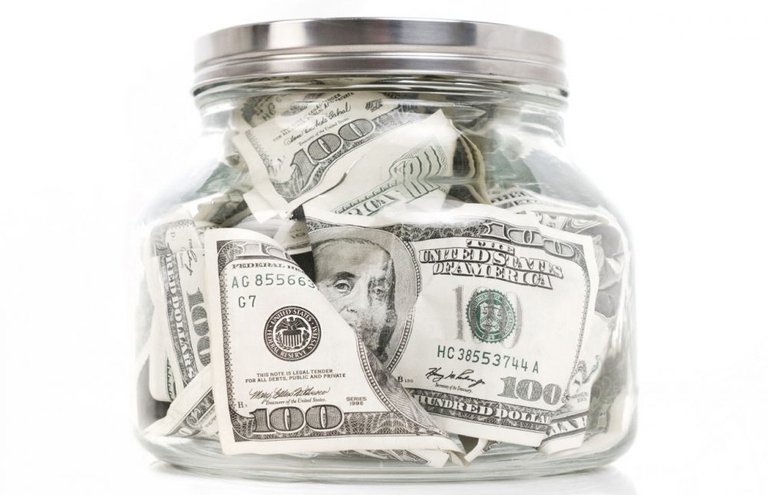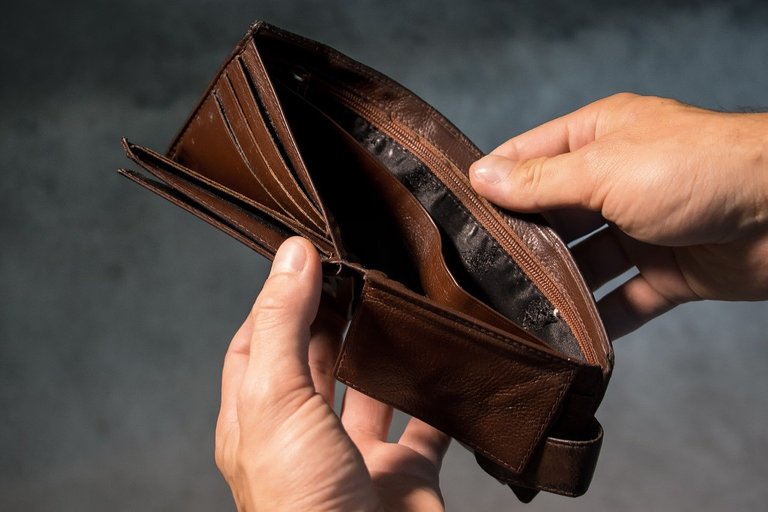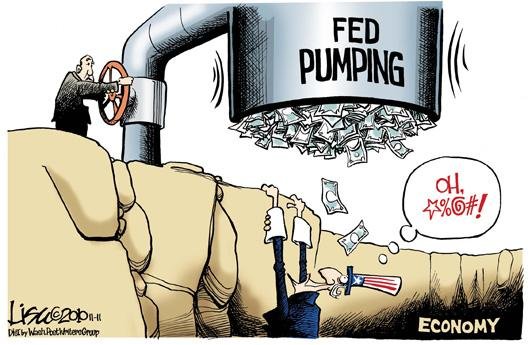
It wasn't that long ago that a Bankrate.com survey suggested that most Americans aren't prepared for an unexpected financial emergency. It was estimated in 2018 that 55 million people or more had nothing put away in an emergency fund. As for those who had enough to cover 3 to 6 months expenses, the survey estimated it was only around 18 percent of Americans who had that much saved.
Millions of people wouldn't be able to handle an unexpected emergency of $1,000, only about 39 percent the survey suggested could cover that unforeseen cost.

Things might be improving, although not by that much. A more recent survey from Bankrate has found that the average household in the United States has about $8,000 or more in liquid savings.
In 2018, it was suggested that the average household had about $4,830 in liquid savings, there are still millions with $1,000 or less saved.
Still, in the United States today it's estimated that 1 in 3 middle-class families are struggling financially, with at least 1 in 8 Americans who don't get enough to food to eat. Consumer debt is also at an all-time high, in the trillions of dollars, with the average American owing at least $4,293 on their credit card. It isn't only Americans who are struggling to save either, reports suggest that a quarter of British adults also have no savings, savings levels are low for people in many regions around the world.
All That Cheap Money Floating Around

The current state of things could be said to be a triumph of Keynesianism, with its intrinsic process of monetary debasement.
It's clear that the Fed's inflation goals and easy money policies haven't helped to grow wealth and income for the poor and middle class, as much as they've been seen to help higher-income households. The creation of new money from the Fed isn't going to benefit everyone equally.
"The people who get the money first - the government, big banks, the big corporations, the military-industrial complex - benefit." - Ron Paul
Less interventionism and more freedom is what would help more people to improve their situation, save, and escape poverty. Though, some suspect that we might not see any drastic changes to monetary reform until after we've experience a major currency crisis.

Oh I don't really know too many people that could make it 30 days in a financial emergency. People these days live hand to mouth.
See veterans and elderly on the street all the time because they had an issue and got dumped.
@powpow420 has had to restart life and let it all go during moves. Last move I used the van so they actually had furniture for the first time in a new place.
Myself? Yep I'm at a 30 day red flag. I'm no better than anyone else.
Posted using Partiko Android
were you getting the timed out msg for awhile too?
Working now, whew! . You coming to the Portland April 20th celebration?
Posted using Partiko Android
not sure where i'll be celebrating that one, portland would be awesome though
Yep.
Posted using Partiko Android
Yeah one thing Ive noticed when looking to start a business is once you accumulate enough money people are more than willing to throw lots of cheap money at you but until then even small loans they want crazy interest on until you get the wealth accumulation and good reputation.
Does emergency fund include retirement money? I can always tap into my 401k if need be, but if that doesnt include retirement funds wed be close on that 3 - 6 months.
Posted using Partiko Android
Interesante este pots, por alli te deje mi voto @doitvoluntarily, te invito a mi blog para que disfrutes de mi trabajo. Saludos.
getting to have a financial emergency today is not easy to get to
thank you for such an interesting publication happy nights